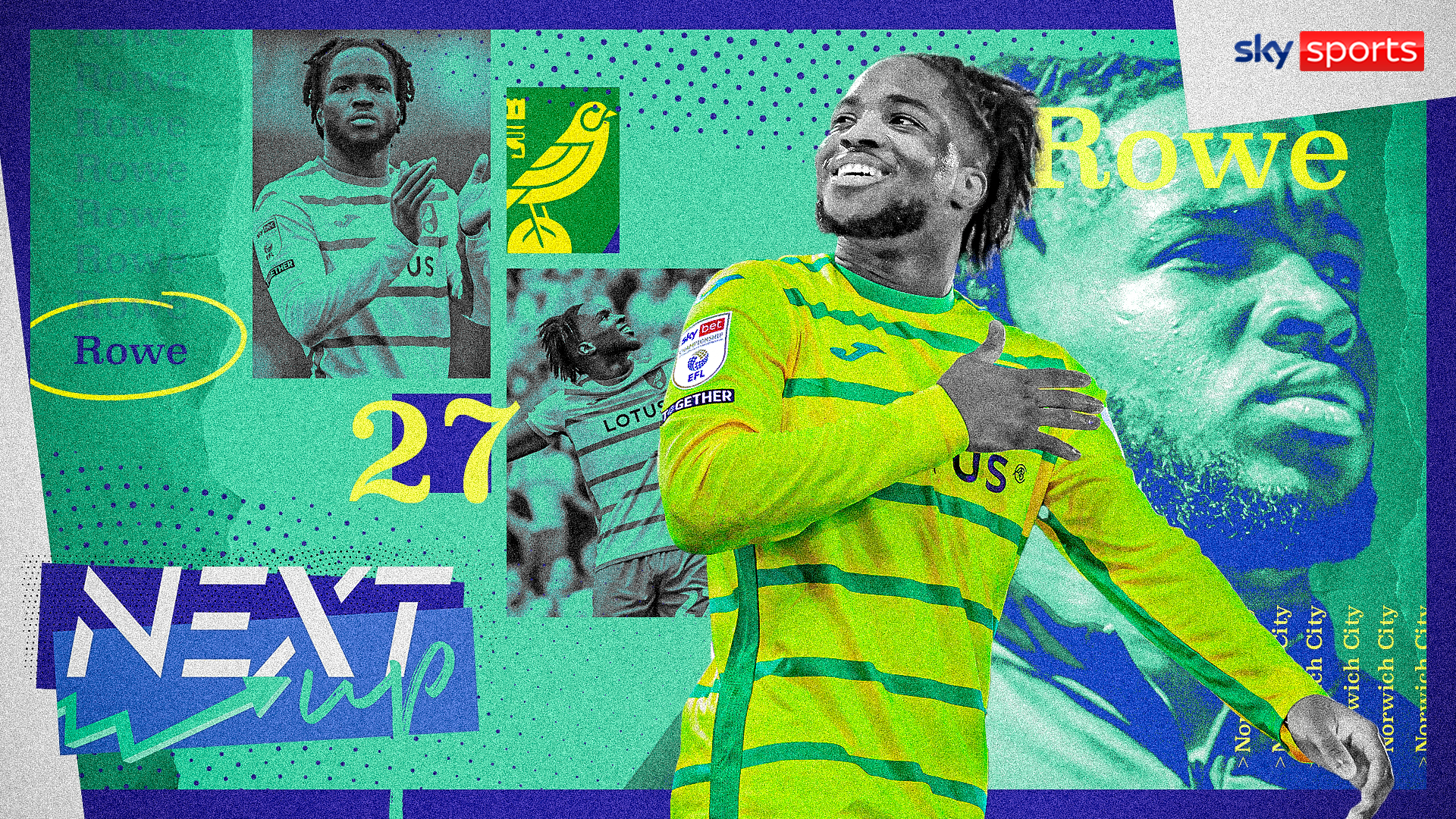
"The age-group academy team were playing Arsenal in a cup competition. We'd already qualified and given some of the fringe players a chance to impress. We were getting a bit of a chasing, but because we'd qualified it didn't hugely matter.
"Jonathan was the only one who was really affected. He was geeing the other players up, getting them to still try to win. It was the first time I'd really come across what he was like as a footballer."
Then-Norwich academy manager Steve Weaver would soon get used to Jonathan Rowe's beaming smile, straight-talking confidence and sometimes demanding line of questioning.
Despite his obvious talent, Rowe has never had it easy, ever since he spent three hours a day commuting to and from London to East Anglia as an 11-year-old, all while helping care for his ill mother.
The determination and self-confidence that blossomed stood him in good stead to overcome a plague of injuries during his development, including Osgood-Schlatter disease, and finally enjoy a stunning breakthrough season for the Canaries last year.
Now he has caught the attention of Championship rivals, earning a Young Player of the Season nomination for 2023/24, and made his international bow with England U21s too.
It is little surprise to Weaver, those who have known Rowe since the start, or indeed the man himself.
Join Sky Sports as we chart his journey to become one of the EFL's most promising young stars.
Jonathan Rowe is Next Up.
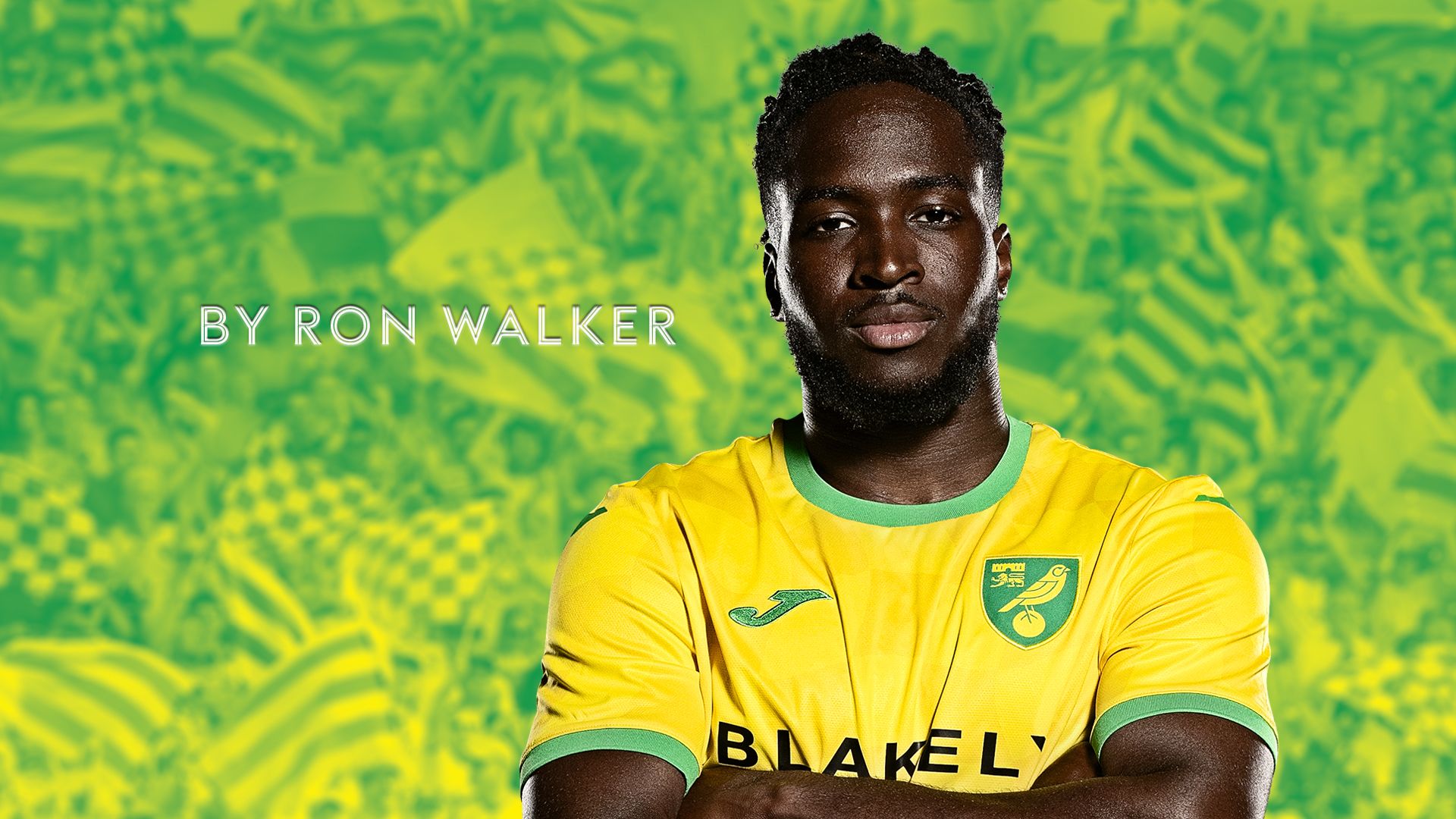
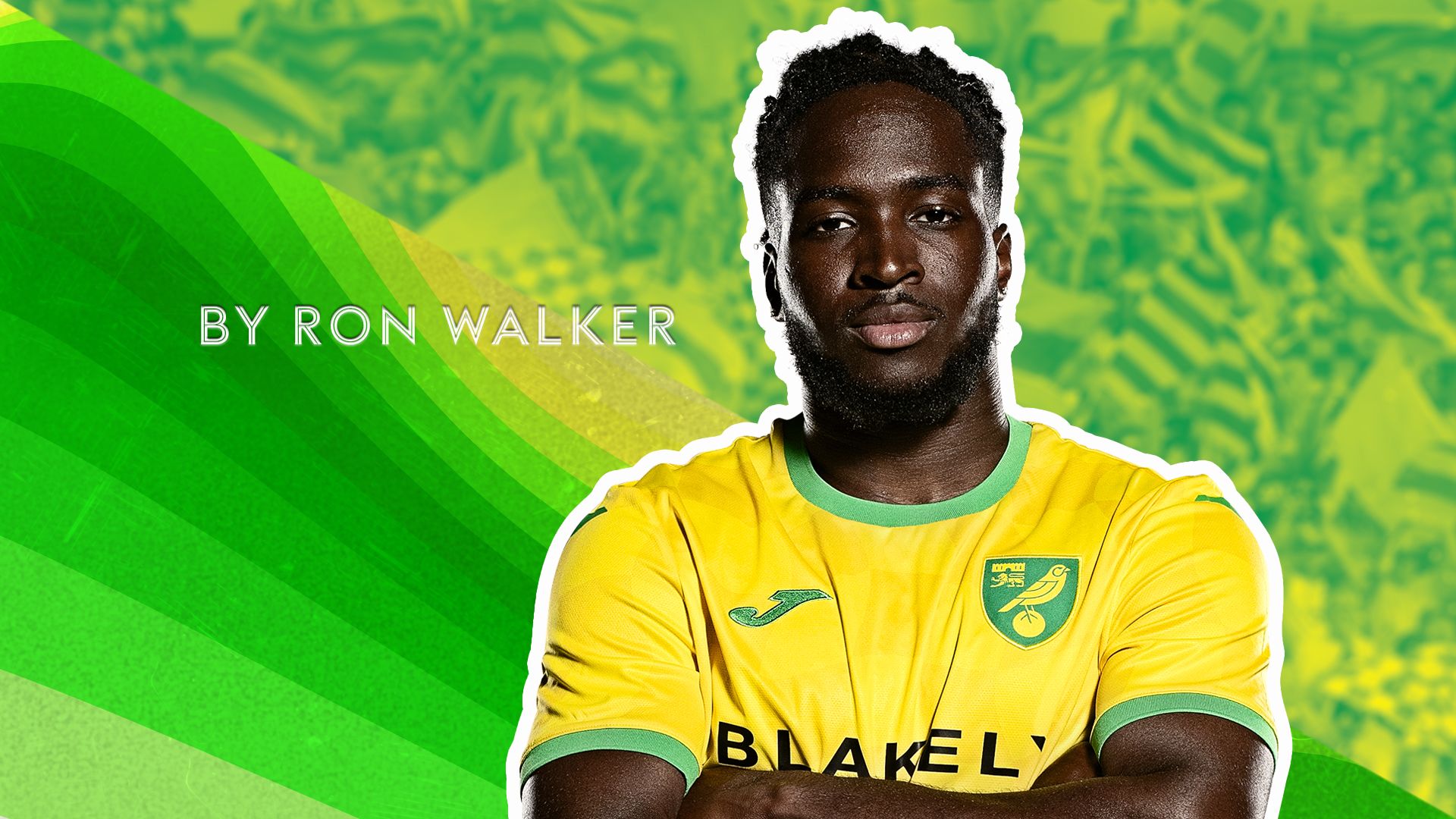
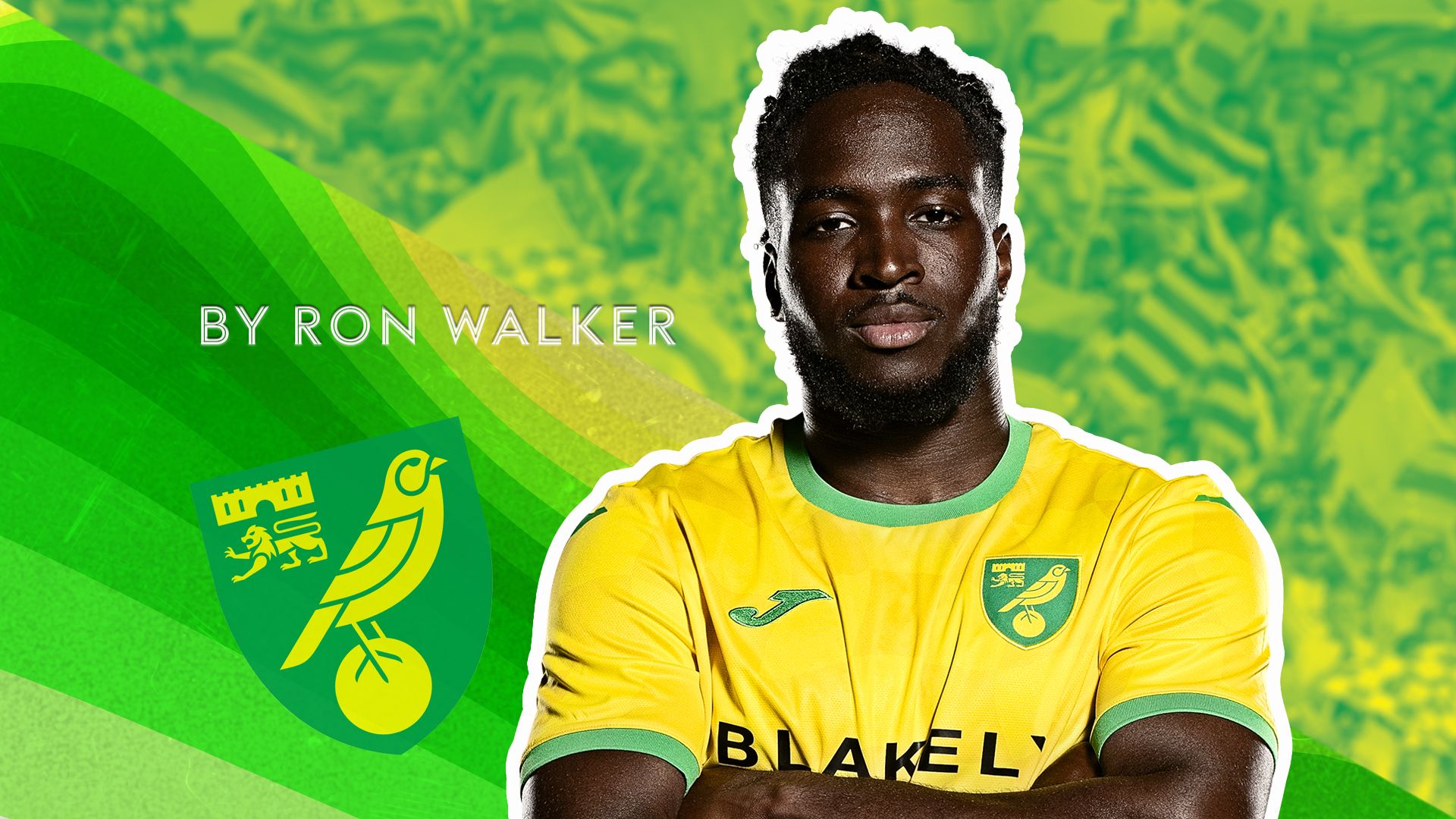
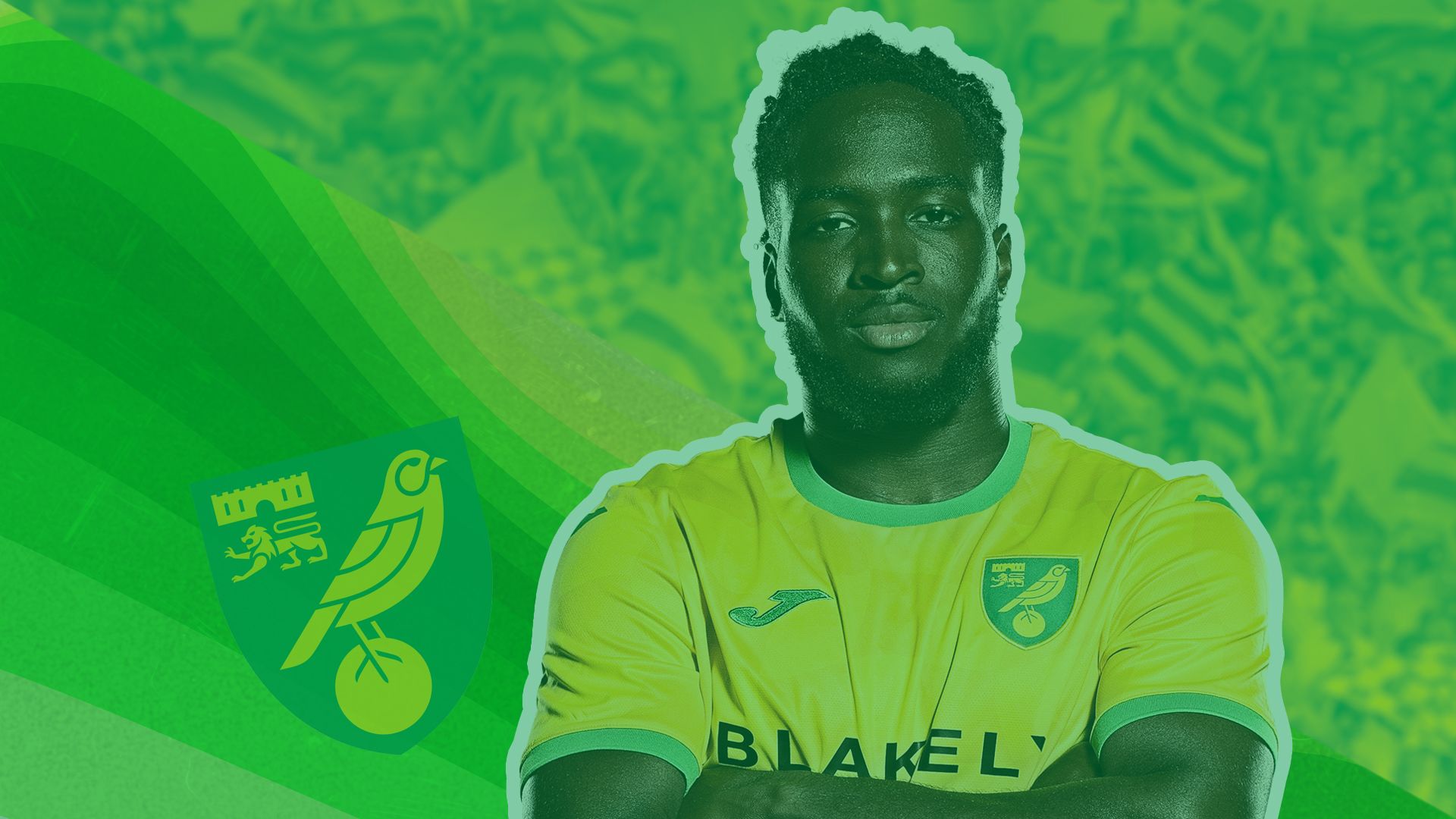
'Instantly, there was something special'
Rowe's first tentative steps towards the professional game started in the north-west London suburb of Wembley.
The area is a historic hotbed of English footballing talent. Given it lies in the shadow of the famous national stadium, perhaps it is little wonder.
If a young Rowe bounced high enough on the trampoline in his mother's garden, he could just about make out the famous arch towering over the family home.
When he began playing football at nearby primary school Lyon Park, his talent as a natural-born street footballer was soon noticed. By a stroke of luck his first school coach, Jay Marshall, was also an academy scout at Norwich.
His name was noted, but taking the nine-year-old all the way to East Anglia to join the Canaries' academy felt too much too soon.
Instead, Marshall recommended him to friend Mo Jama, who had not long earlier co-founded youth football club AFC Wembley.
Even in the seven and nine-a-side games he was restricted to at that age, his pace and technical ability already shone.
"We never turn away any good players," Jama told Sky Sports. "But we knew instantly there was something a little bit different, a little bit special about him.
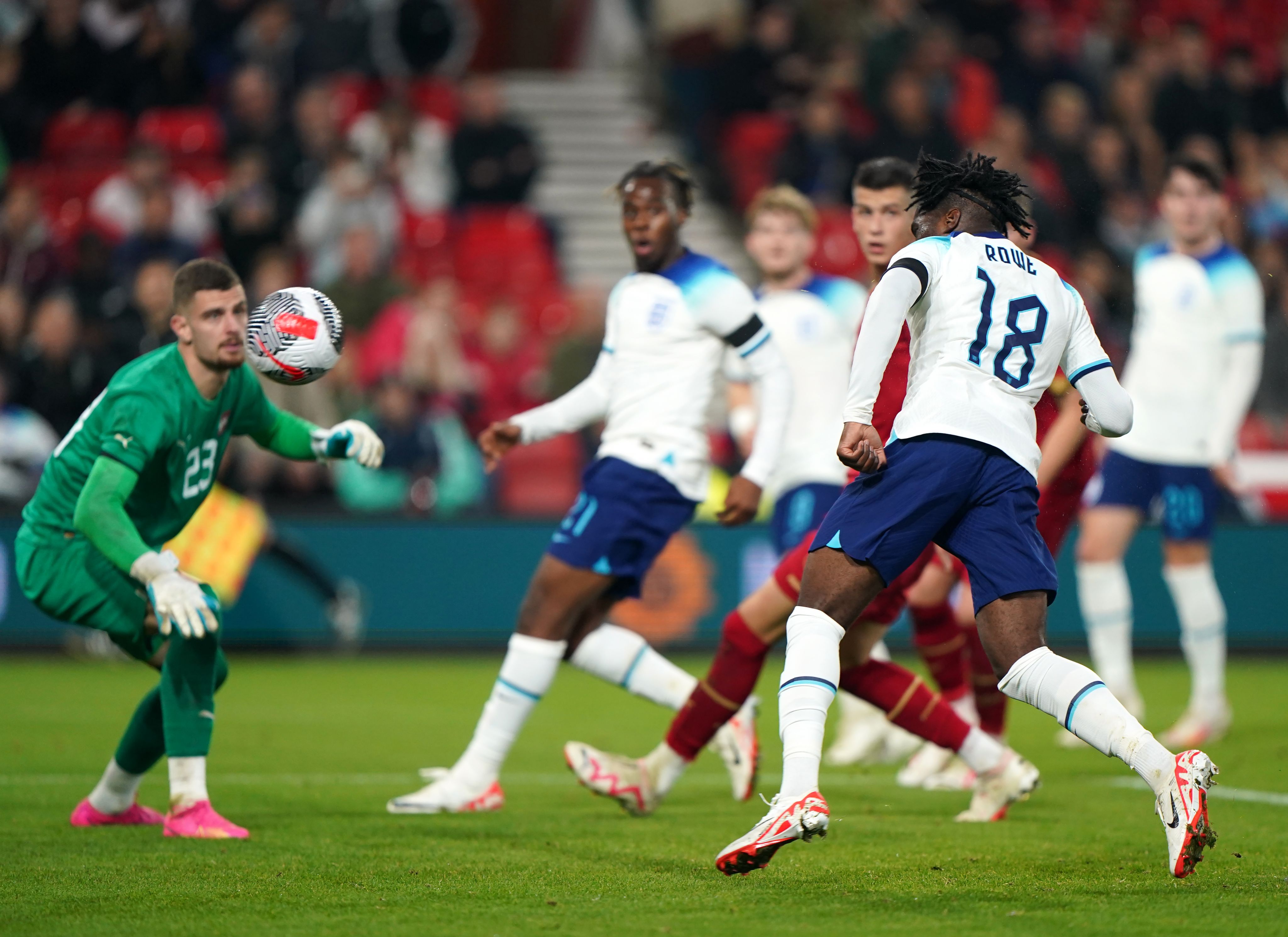
Rowe netted on his England U21 debut against Serbia in October 2023
Rowe netted on his England U21 debut against Serbia in October 2023
"Some boys are a bit shy when they first come in, he wasn't that reserved.
"He was really easy on the eye, really skilful. He settled in really well with the team, and from day one you could tell there was something there."
Rowe is not the first Wembley player to go on to bigger things, with Crystal Palace and England defender Tyrick Mitchell another alumnus.
But even before his 10th birthday, Rowe had already set the high personal standards which distinguish those who stand a chance of reaching the professional game.
"What really stood him out compared to the others, as well as those other players who have really moved on, is that huge work-rate, sacrifice and willingness to do more than his peers," said Jama.
"Natural talent is not enough. You could tell from his demeanour, the way he carried himself, he always wanted to improve, get better and be the best he can be."
That natural talent was there in spades too though. His coaches would watch him rack up a few early goals as a forward in matches before moving him to other positions.
He would question why they were trying to make it harder for him to score - which, of course, was entirely the point.
"He'd look at us like, why are you doing this to me? And we'd just be thinking - it's too easy for you," another ex-AFC Wembley coach, Gary Graham, told Sky Sports.
"I don't think he knew how good he was, which I think is key to why he succeeded how he did. He always ask how he could improve. We'd laugh. He couldn't do anything more.
"But that's what we liked about him, he was good but he also had that humble side. A lot of boys in our team were good, but didn't have that humble side and that's why they weren't able to step up to the next level."
With that ability, drive and humility came a resignation Rowe would not be around Wembley long. In the end, they held onto him for a whole year, until Marshall's increasingly positive reports left Norwich feeling it was time to act.
"Moving onto Norwich was a natural progression," said Jama. "He went up there for a trial and it was no surprise he passed it with flying colours."
It was no shock that the promise of playing football so regularly was too good for 11-year-old Rowe to turn down, but it didn't make the sacrifices required any easier.
Even at that young age, Rowe was already looking after his ill mother and help to raise his older sister.
Signing terms meant a three-and-a-half-hour chaperoned trip to and from Norfolk several times a week. A year later the club moved him to a nearby boarding school, taking him away from his family for months at a time.
Though tough, it helped to prepare Rowe for challenges which would soon test whether he really had the commitment to make it.
"Going up there on my own made me grow up a bit earlier," Rowe later told Football Daily. "I matured a bit quicker than my friends.
"I just wanted to go up there and play football, and when they told me I'd be playing almost every day before I signed, my eyes just lit up."
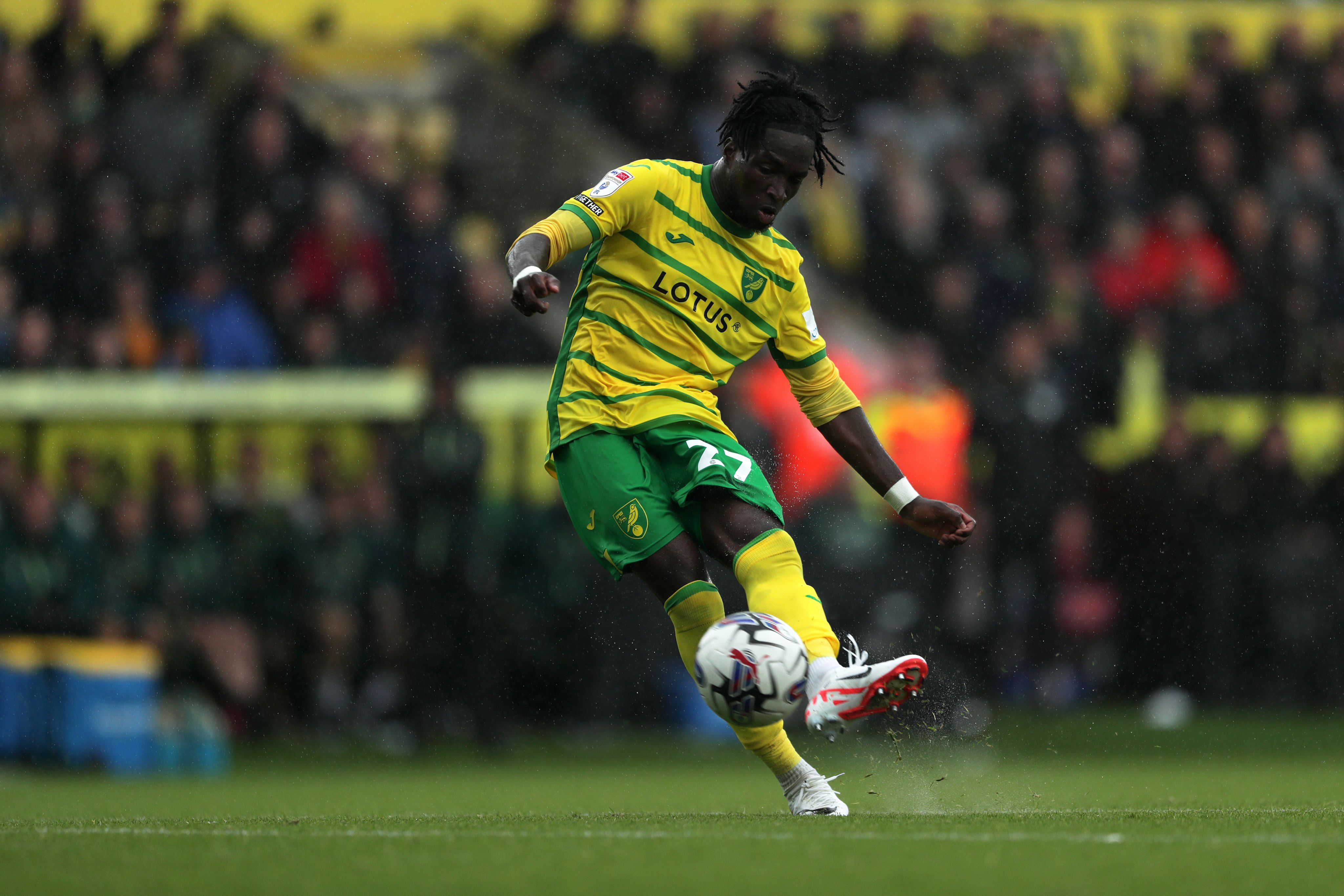
'He always wanted to be at the next level before he was ready'
Rowe had already reached U14 level by the time Weaver took over Norwich's academy. Their first encounter on the grass would have to wait even longer.
By the time they finally crossed paths, Rowe was better for the experience of three years of formal coaching and had been forced to mature by that prolonged time away from home.
But those same traits Jama and Graham described remained. If anything, they had grown. But having now realised how good he actually was, he was becoming restless.
Coupled with that notably high level of desire, that desperation, he would keep his coaches on their toes about exactly what they were asking from him - and why.
"He'll test you," remembered Weaver fondly. "He was always curious. He'd always want to be at the next level long before he was ready.
"He's a very rare breed. At 15, he'd just come and talk to you, other kids won't do that, they want someone to do it for them.
"He'll have an argument, he'll make his point and he could charm his way around a lot of things, but he'd always listen and learn.
"He'd tell you, 'I should be in the U18s'. No you're not ready yet, John. 'I should be in the U21s.'
"You'd probably have to put him in - and then he'd come back to you and say, 'I'm not quite ready, am I?'"
Rowe signed his first professional contract at Norwich in October 2021
The reason it took the Norwich academy boss so long to notice Rowe on the pitch was nothing to do with him failing to catch the eye.
He began to develop problems with his knee aged around 15, but knowing there was no room for passengers in the academy system and still craving to impress, Rowe would play through the pain barrier.
He did not not want to let his team-mates down or jeopardise his own prospects, but it eventually became too much.
It took the close eye of Graham, who still maintained a close relationship with him from the AFC Wembley days, to finally diagnose exactly what was wrong.
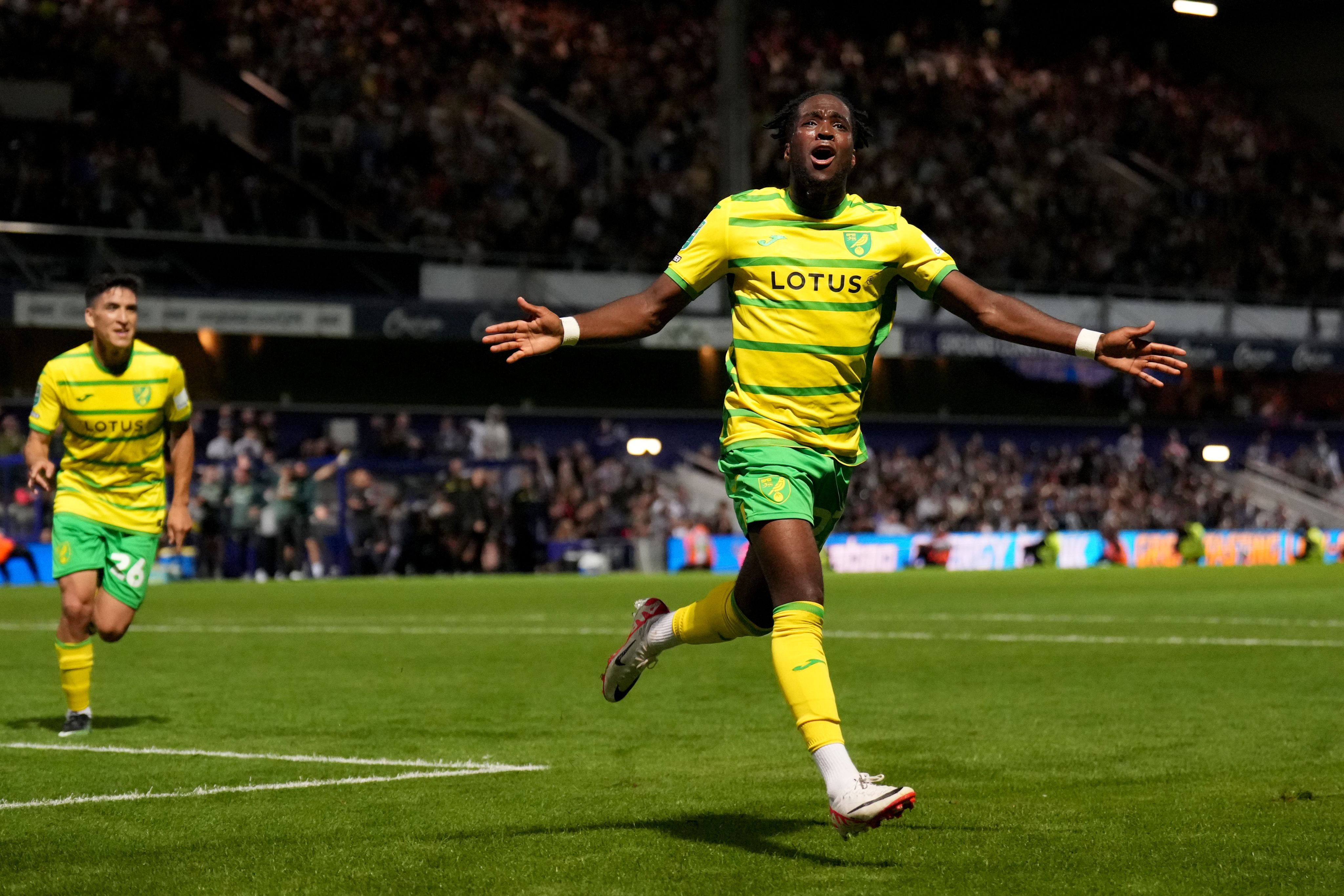
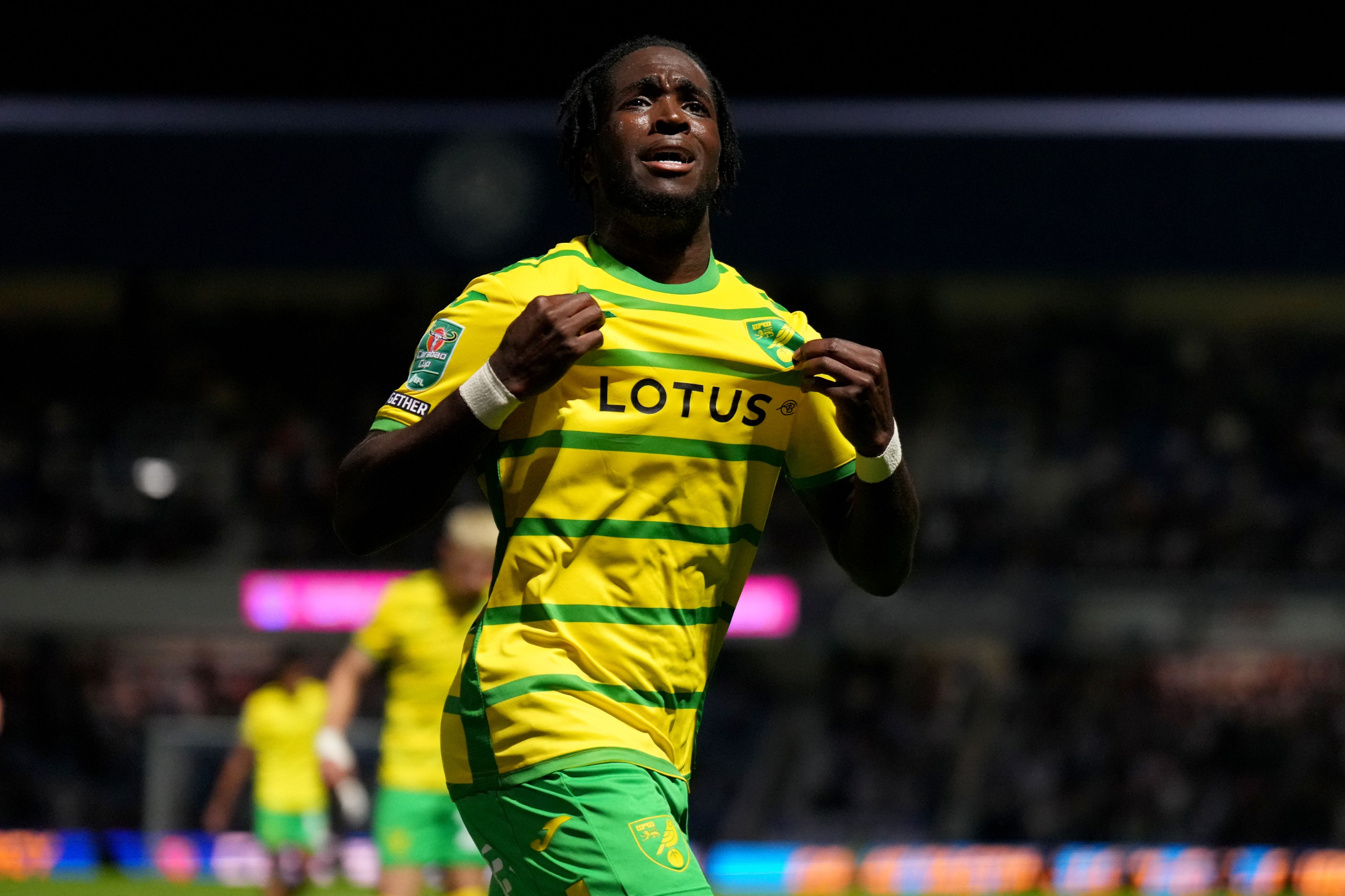
'When he's under pressure, that's when you see the best of him'
"There was one game in particular I took him to, he was playing a year up with Norwich U16s at Crystal Palace," Graham recalled.
"England were there scouting him that day and he was doing really well, but you could see knowing him he was only operating at about 60 per cent.
"I told him he needed to come off and that he needed to speak to the club before it got worse. He listened and once he did that they found out what was wrong.
"He was out for a long period of time in the end, which stopped him from playing for the England age groups. They called him up twice but he wasn't able to go to either of them."
The diagnosis from Norwich's medical staff was a case of Osgood-Schlatter disease, the most common knee injury found in adolescents.
It largely affects those involved in repetitive exercises, like kicking - so young football players are particularly susceptible.
Here was where that mental toughness was so necessary. "It affected him a lot," added Graham.
Long-term injuries are difficult for any player but especially one so young and at such a crucial stage of development.
At this point, the prospects of Rowe's young career fading would have been real without the resilience to persevere through gruelling and often boring rehabilitation.
"It goes back to his home life with his mum," said Graham. "There was a lot of times she was okay, then wasn't well. He likes to take on responsibility where some people shirk it.
"When he's under pressure, that's when you see the best of him. If it's too easy, he might get bored."
Unlike back in the Wembley parks, no one could accuse things of being too easy for Rowe now. He got his head down and showed his determination to recover.
Once he returned to fitness, it was like that same questioning, restless but relentlessly eager bundle of energy had never been away - just as he would show Weaver in that inconsequential cup game with Arsenal.
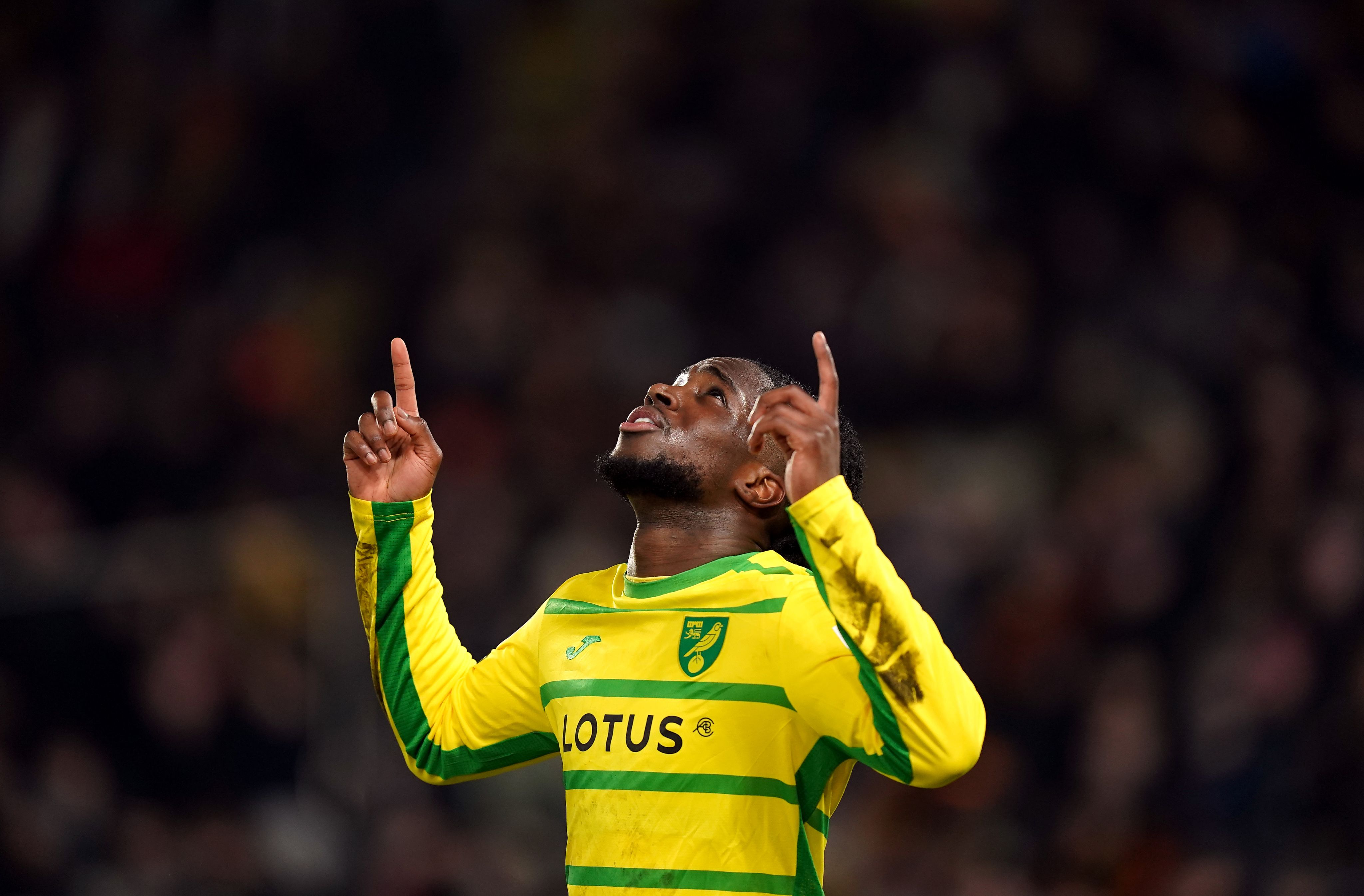
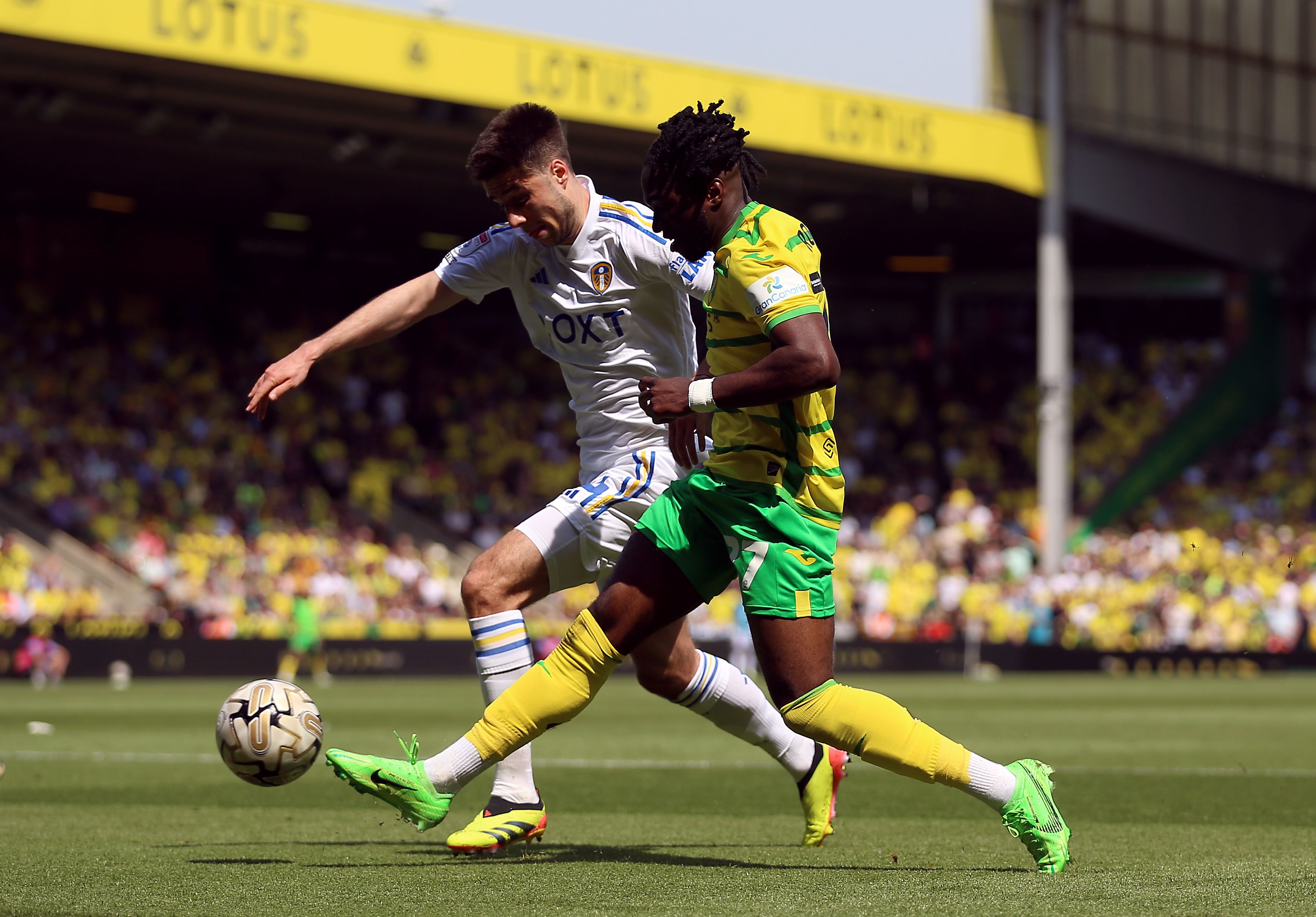
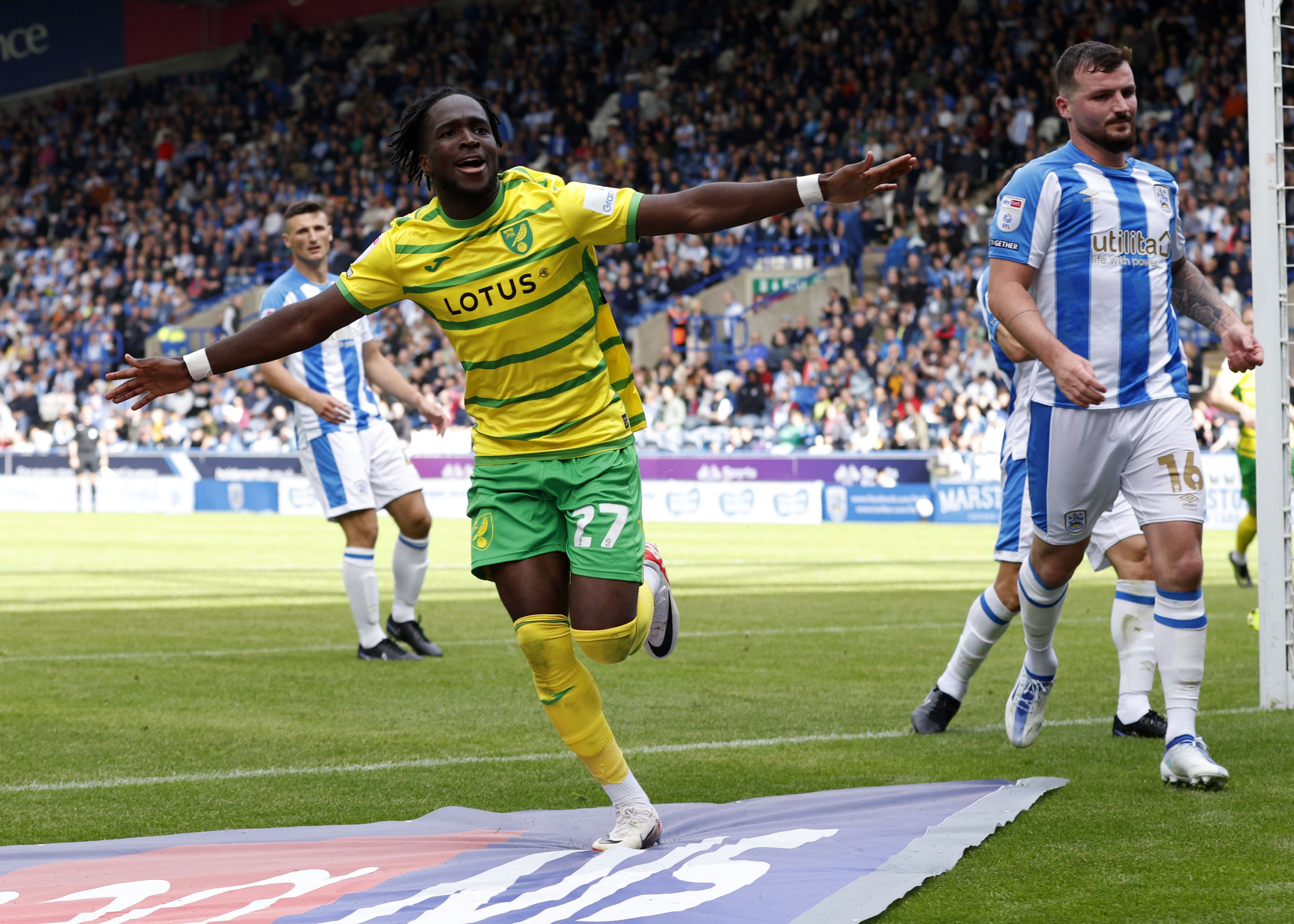
'He's ready to play in the Premier League'
Fit and finally thriving, the path to a professional contract, the pinnacle of any academy player's career, was now clear and in sight.
Eventually, Rowe convinced Weaver he was worthy of a spot in Norwich U18s, and he would go on to score twice for them in the 2020/21 season. That in turn earned playing time in the U23s, where he further impressed.
Finally, he was offered the professional deal which had seemed so far off during those months on the physio table, that year of sitting on trains from London. He could barely sign quick enough.
In the press release accompanying the announcement, he said: “The club have always had my back from when I first started here. I can't fault them on that, I’ve got to appreciate all the things they’ve done for me so far."
Rowe showcased his dribbling and finishing skills with a stunning strike in Norwich's 2-1 win at Hull
It didn't quite do justice to the challenges he had faced to reach this stage. But more were to follow before he would finally enjoy the breakthrough season and the accolades which have followed.
Around the time of turning professional, in one of his regular questioning sessions with Weaver he asked something which would prove particularly pertinent.
"I always remember him turning to me during a training session and asking how to get to the next level," said Weaver. "I said his numbers weren't great, he wasn't getting enough goals or assists. Later we sat down and went through all the data.
"You never had to sugarcoat things with him. You could be honest. He just took it away, thought about it, and six weeks later he made his professional debut."
That came in a 23-minute cameo in a forgettable defeat to Crystal Palace in December 2021 but he impressed enough to make a further 14 appearances by the end of the season, when Norwich were relegated.
Still he didn't change. Soon after his debut, he arrived back at the Norwich academy out of the blue with a selection of trainers for the various members of staff who had helped him become a first-team player.
But now he had the taste for it.
He was all set to play a bigger role on Norwich's return to the Championship until a succession of different injuries cruelly limited his hopes to just three substitute appearances across the entire 2022/23 season.
A full 18 months on from his debut, a first start still eluded him.
"It's very difficult when you've had that taste, played at Old Trafford and Anfield, and then you don't really kick a ball for a year," said Weaver.
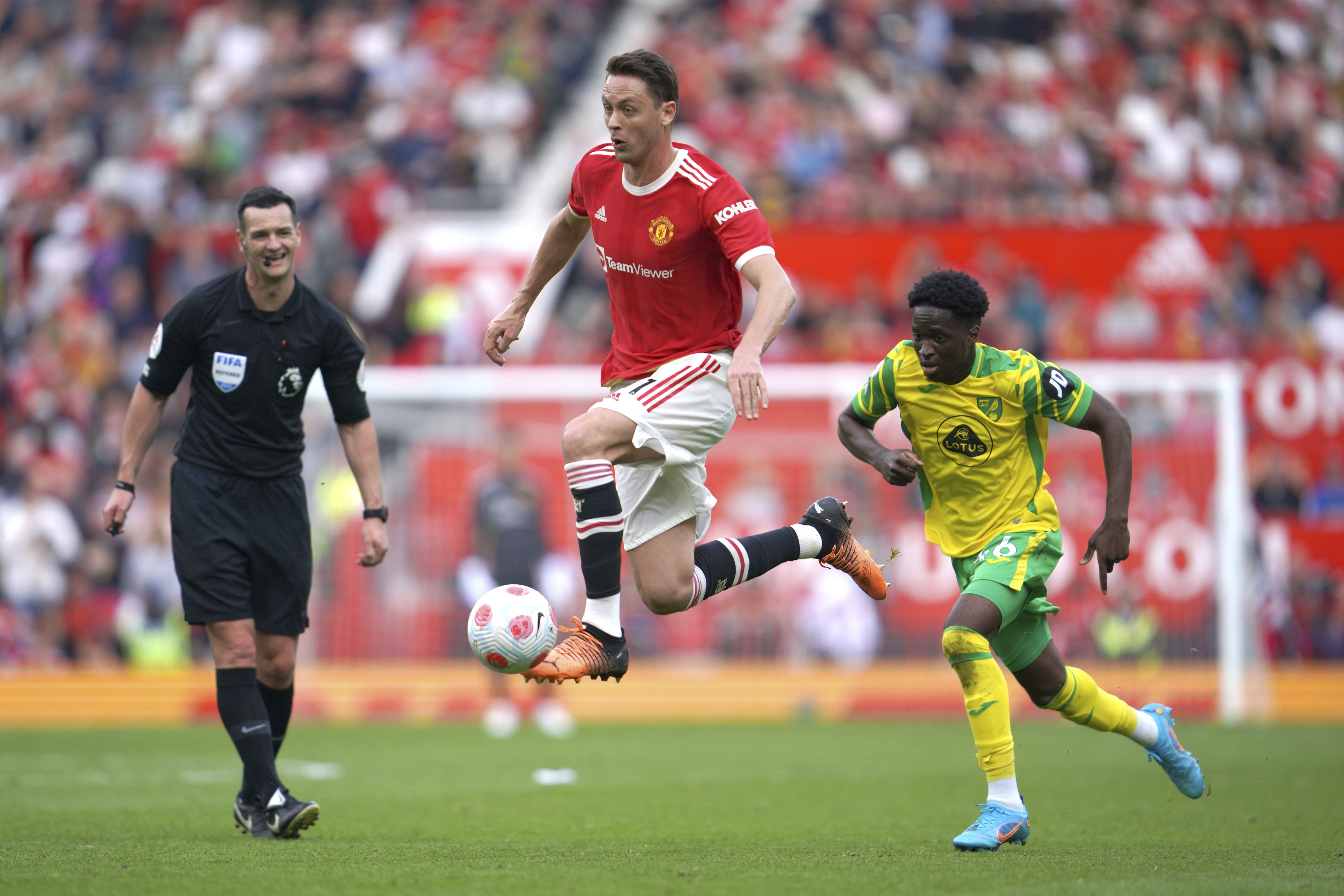
Any sense of deja vu was short lived. This was just another challenge.
It did, though, make it all the harder to process when his break finally came at the start of 2023/24. He was not only named in the line-up for Norwich's first game of the season with Hull, but also scored the equaliser in their dramatic last-minute win.
"Everyone knows what happened last season with back-to-back injuries and adversity, but I've come back out of it stronger," Rowe told BBC Radio Norfolk.
Scoring in each of his next three games probably didn't help it sink in much either.
And certainly no one expected him to reach double figures by Christmas, including two goals in the East Anglian derby against bitter rivals Ipswich.
By the end of the season, he had more than doubled his xG to finish with 12 goals - all the more impressive after yet another injury set-back which saw him miss most of the second half of the campaign.
"His mindset is still the same," said Graham. "He still supports his mum, he helps out his friends - it hasn't changed him.
"A lot of the young players don't work so hard when they get everything so quickly. He's not like that."
Even with Rowe's latest spell on the sidelines, the cat is now out of the bag, his ability firmly showcased to the wider world. A Championship Young Player of the Year nomination was just reward - and he finished only behind Tottenham-bound Archie Gray.
Perhaps the one person most unmoved about the speed Rowe's potential has been realised is the man who had helped refine it.
"It's not very surprising he's had the impact he has had," Weaver said. "He's left-footed, right-footed, very, very quick and he does the hardest thing in the game as well as anyone - score goals.
"He's ready to play in the Premier League."
A move to Spurs, following in Gray's footsteps, was mooted earlier this summer and met by a typically honest response - "I'm an Arsenal fan, so it didn't really appeal to me" - but the top flight rumours are unlikely to stop any time soon with less than a year now left on Rowe's Norwich deal.
Having had to be so patient throughout his burgeoning career, the only question still hanging over the 21-year-old is the problem of his injury record.
But should he shake that off, it might not take much more waiting for the Premier League return ticket to arrive.


